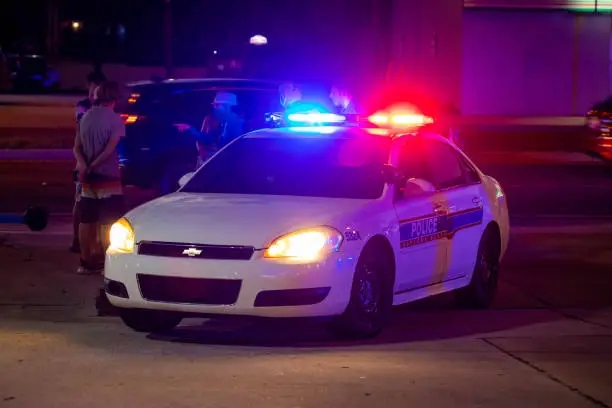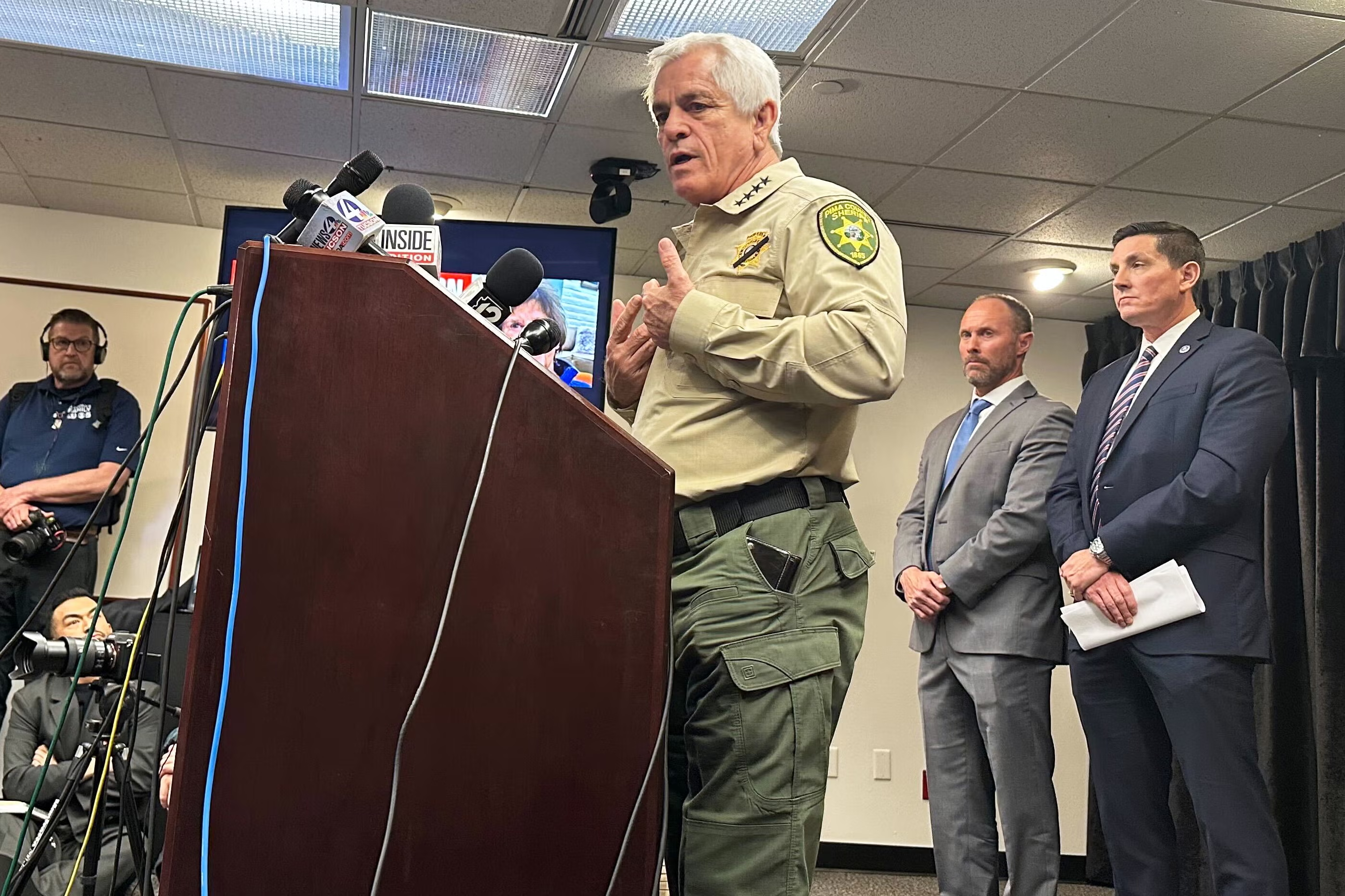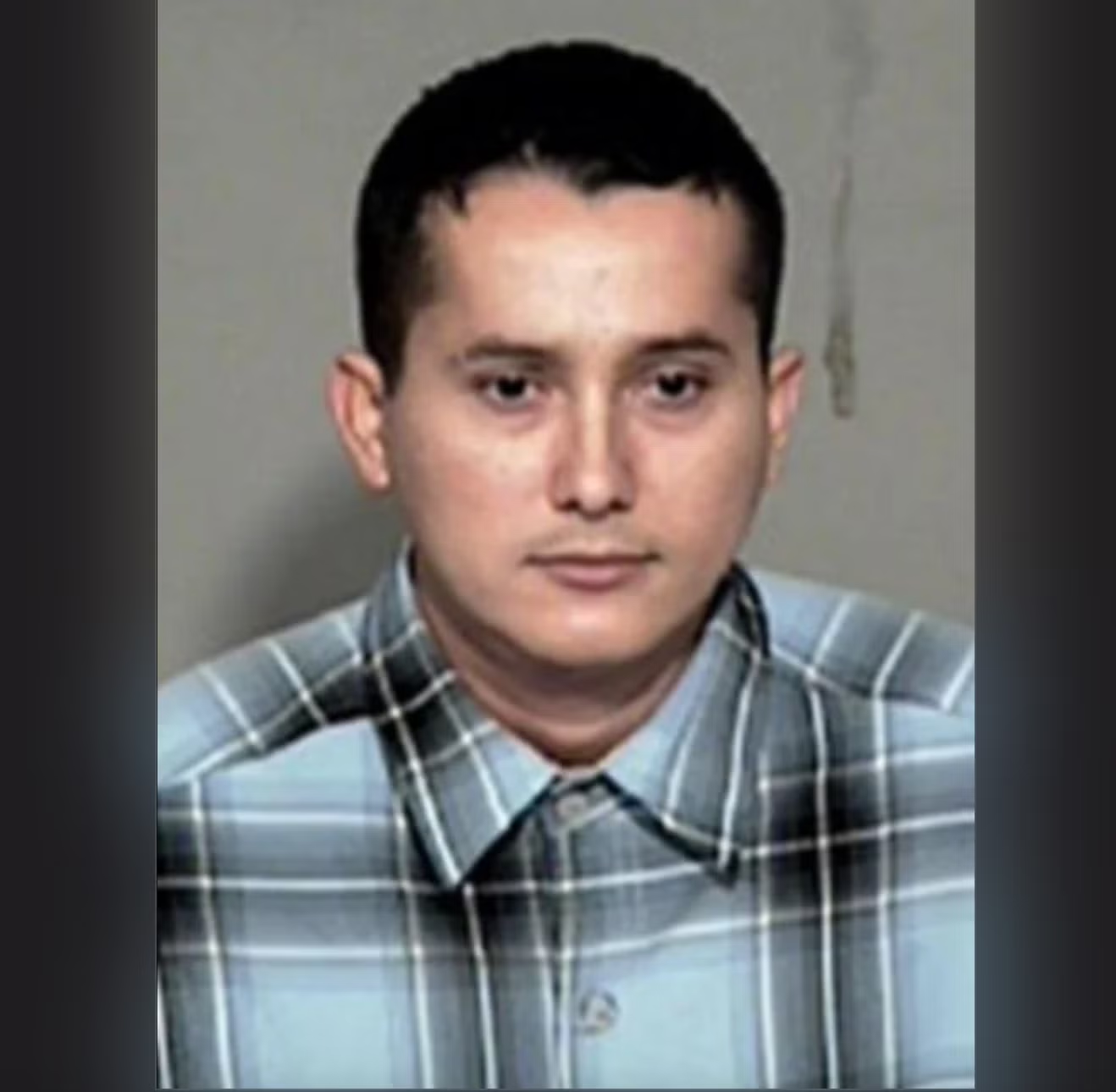Officer Down: The Tragic Death of Officer Krystal Rivera in Chatham Tactical Operation
Krystal Rivera, a 36-year-old Chicago Police officer and a respected member of the CPD’s 6th District Tactical Team, was tragically shot and killed on Thursday evening, June 5, 2025, during a foot pursuit in the Chatham neighborhood. Her unexpected death during what was meant to be a controlled operation has sent waves of grief through the city, reigniting conversations around tactical policing, friendly fire, and officer safety.
The tactical unit had been conducting a targeted enforcement operation near the 8200 block of South Drexel Avenue around 9:50 p.m. when they attempted to stop an individual believed to be armed. As officers approached, the suspect fled on foot and entered a nearby three-story apartment building. Officer Rivera and her partner followed in pursuit, entering a second-floor unit at 8210 S. Drexel Ave., unaware that what lay ahead would forever alter the course of that night.
Inside the apartment, officers encountered Adrian Rucker, a 25-year-old man from Freeport, Illinois. He was standing behind a couch, pointing what police later confirmed to be an AR-style rifle. In the seconds that followed, multiple officers discharged their weapons. But it wasn’t the suspect’s fire that proved fatal—rather, it was a round from one of Rivera’s own team members. According to prosecutors and preliminary body-camera footage analysis, Rivera was struck in the back by a shot fired by her partner during the commotion.
Rivera was immediately removed from the apartment and rushed to University of Chicago Medical Center. On the way, the patrol vehicle used to transport her suffered a mechanical failure and caught fire, prompting a rapid transfer to another vehicle mid-transit. Despite the quick actions of her fellow officers, she was pronounced dead at the hospital shortly after 10:19 p.m.
Her partner, who sustained a non-life-threatening injury to his wrist, was also hospitalized and later released in fair condition. The entire sequence of events, already traumatic, was further compounded by the confirmation that friendly fire—not suspect gunfire—was the cause of Officer Rivera’s death.
Back at the scene, two suspects, including Rucker, were apprehended while trying to flee from the rear of the apartment complex. Police recovered three firearms from the apartment, including a loaded and chambered AR-style pistol, an unloaded version with a 60-round drum magazine, and a Glock 20 handgun with a round in the chamber. Investigators also seized heroin, crack cocaine, marijuana, digital scales, and more than 20 fake IDs bearing Rucker’s photo.
Rucker has since been charged with multiple felonies, including armed violence, unlawful possession of weapons by a felon, possession of a controlled substance, and possession of fraudulent identification. While he was not charged in Rivera’s death, authorities assert that his possession of high-powered firearms and intent to flee created the conditions for the tragic outcome.
As the community tries to come to terms with the magnitude of this loss, internal investigations are already underway. The Civilian Office of Police Accountability (COPA) is overseeing a detailed review of all footage, officer conduct, and use-of-force decisions made during the incident. Ballistics, firearm trajectory analysis, and forensic assessments are expected to determine the exact sequence of events leading up to Rivera’s death.
Superintendent Larry Snelling addressed the media shortly after the shooting, expressing deep sorrow over the loss and urging the public to allow time for the investigation to proceed. He stressed the complex nature of high-risk tactical engagements and highlighted the importance of improved training to prevent similar tragedies in the future.
Rivera had been with the department for four years and was known among her peers for her commitment, kindness, and courage. Family members said she dreamed of being a police officer since she was a child. She leaves behind a young daughter who was preparing to celebrate her 11th birthday just days after her mother’s passing. Rivera’s colleagues, overwhelmed with grief, spoke of her unwavering dedication and said she brought joy to every roll call and strength to every shift.
In the days following the shooting, multiple vigils were held across Chicago. Community members gathered outside both the Gresham and 6th District stations to pray, light candles, and leave flowers. Purple and black bunting now adorns the entrance of the stations in her memory. Officers from across the city stood shoulder to shoulder in quiet reflection, mourning one of their own.
Mayor Brandon Johnson called Rivera’s death an “unspeakable loss,” recognizing her as “young, energetic, and bold” in her approach to community policing. He urged residents to support Rivera’s family, emphasizing the shared responsibility to back the men and women who serve the city under dangerous circumstances. The Chicago Police Memorial Foundation has pledged full financial and emotional support to Rivera’s daughter and family.
Beyond mourning, Rivera’s death has reignited debates around officer safety, friendly fire procedures, and tactical unit operations. While rare, friendly fire remains a persistent threat in chaotic scenarios where visibility, stress, and quick movement increase the chance of fatal misidentification. In 2021, a separate CPD incident resulted in two officers being injured during a struggle when a firearm discharged inadvertently.
Experts have called for renewed emphasis on scenario-based training that includes high-stress decision-making and tactical coordination. Several city aldermen have voiced support for new funding to equip officers with advanced training tools, body-worn camera upgrades, and improved protective gear.
COPA’s final report is expected to offer recommendations on policy reform, possibly including officer placement strategies during foot pursuits, better communication systems inside tight quarters, and mandated debrief protocols after critical incidents. Until that report is released, Officer Rivera’s case remains a stark reminder of the heavy burden police officers carry—and the devastating cost of miscalculated moments.
Memorial services for Rivera are scheduled to take place later this week. Her family has invited members of the public, CPD officers, and city officials to join in remembering her sacrifice and legacy. She will be honored not just for how she died, but for how she lived—standing courageously for her city, her community, and the badge she wore with pride.
As the city prepares to lay her to rest, Chicago pauses to reflect on the dangers officers face and the profound weight of every moment they spend on duty. Krystal Rivera’s death was not only a loss for law enforcement—it was a loss for every Chicagoan who hopes to live in a city made safer by those who serve it. Her life, and her death, will not be forgotten.




